Our Consultations
The first step in scheduling a CEDAR consultation is connecting with our referral team to get a sense if the CEDAR Clinic is the best fit for a consultation. Our clinicians can assess if a person and their family may benefit from a consultation with CEDAR. Clinicians may also help families members and other clinicians learn about possible strategies to talk about concerns and to introduce the idea of coming to CEDAR.
To contact us, email us at cedarclinic@brooklinecenter.org or check out our referral page!
If the CEDAR Clinic appears to be a good fit, you will be scheduled for a consultation.

You will meet with a CEDAR clinician (a psychiatrist, psychologist, social worker, and/or other mental health professional) who will ask you to describe what is concerning you. They will then ask you about different areas of your life and experiences to understand how these concerns make sense in the big picture of who you are and what your life has been like. We will encourage you to tell us anything that might help us make sense of what is happening, but you will never have to tell us anything you do not want to share with us. What you do share will be kept confidential.
We strongly encourage you to bring along a family member (or another person who is important in your life) to participate in this consultation. It often helps us to get a better sense of what has brought you to CEDAR and to put all of the pieces together to give you the best feedback.
After we have a sense of who you are and what is concerning to you, we will provide you with feedback about your concerns and our best understanding of what they may mean. We will also give you information about what may help and answer your questions as honestly and completely as we can. If you want, we can help you think through your choices about what next steps to take.
Questions we can address
- What do these new or bothersome experiences mean?
- Is my loved one psychotic or at risk for a psychotic illness?
- If so, what does this mean?
- How serious is this?
- Are there medical or psychological tests we should pursue?
- Are these experiences or problems likely to get better or worse?
- Should we just watch or is there something we should do?
- When should we seek treatment?
- What treatments are there?
- Is medication an option?
- Are there alternative treatments?
- How can we manage this with everything else happening in our lives?
- Are there strategies or steps we can take at school? at home?

